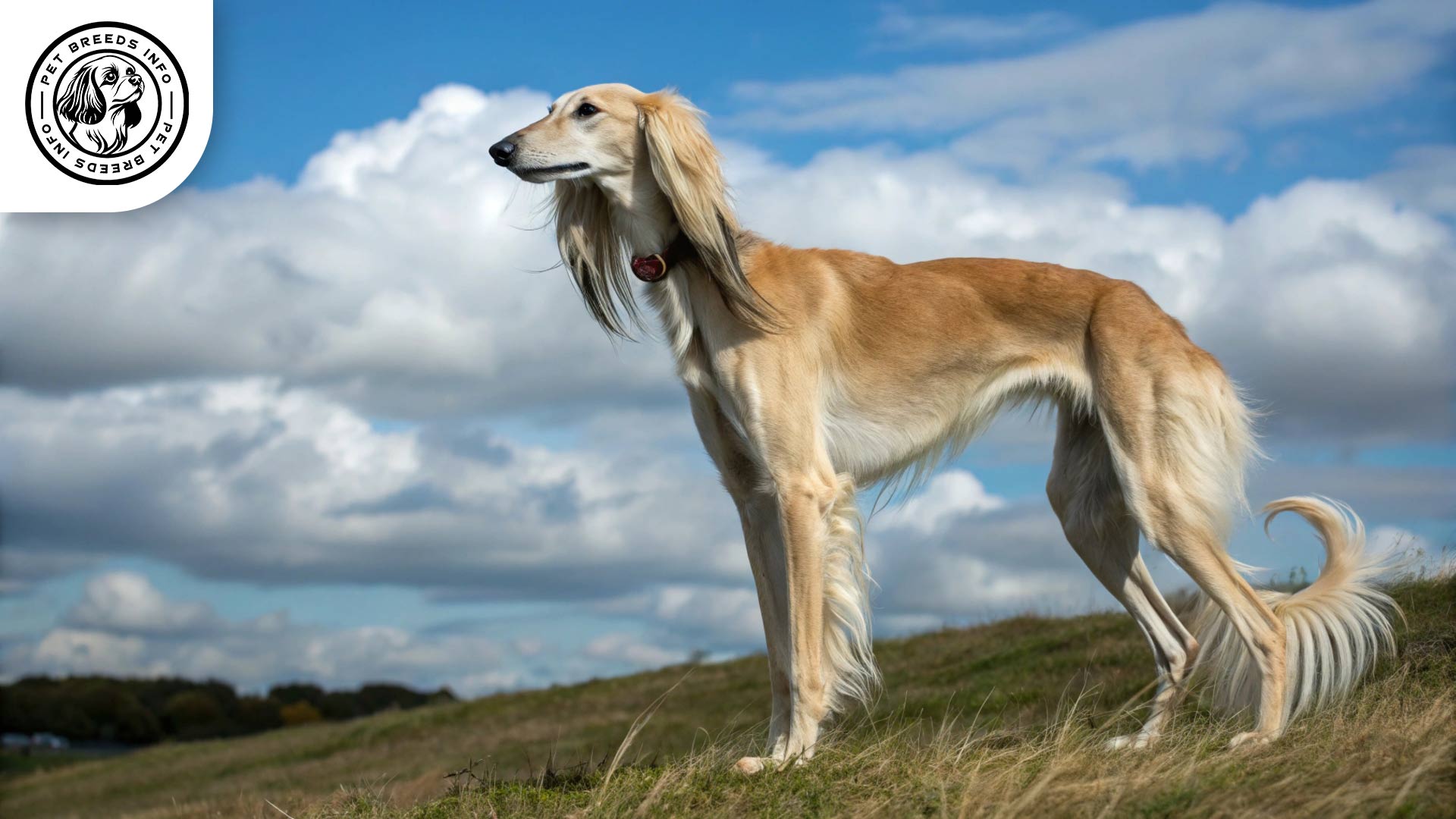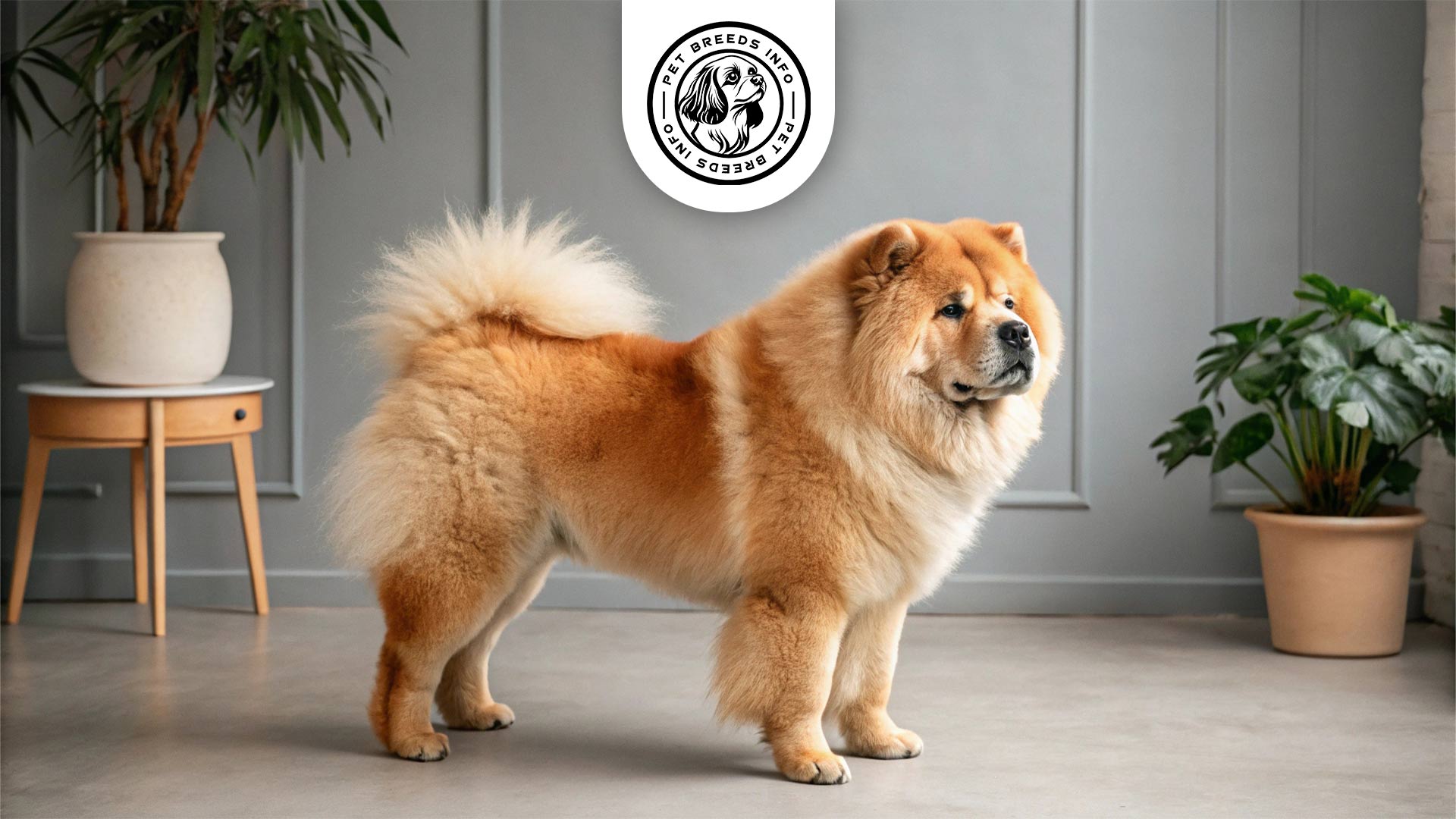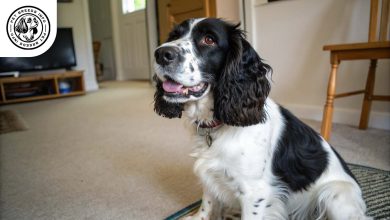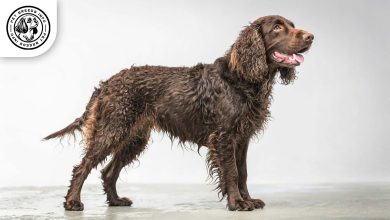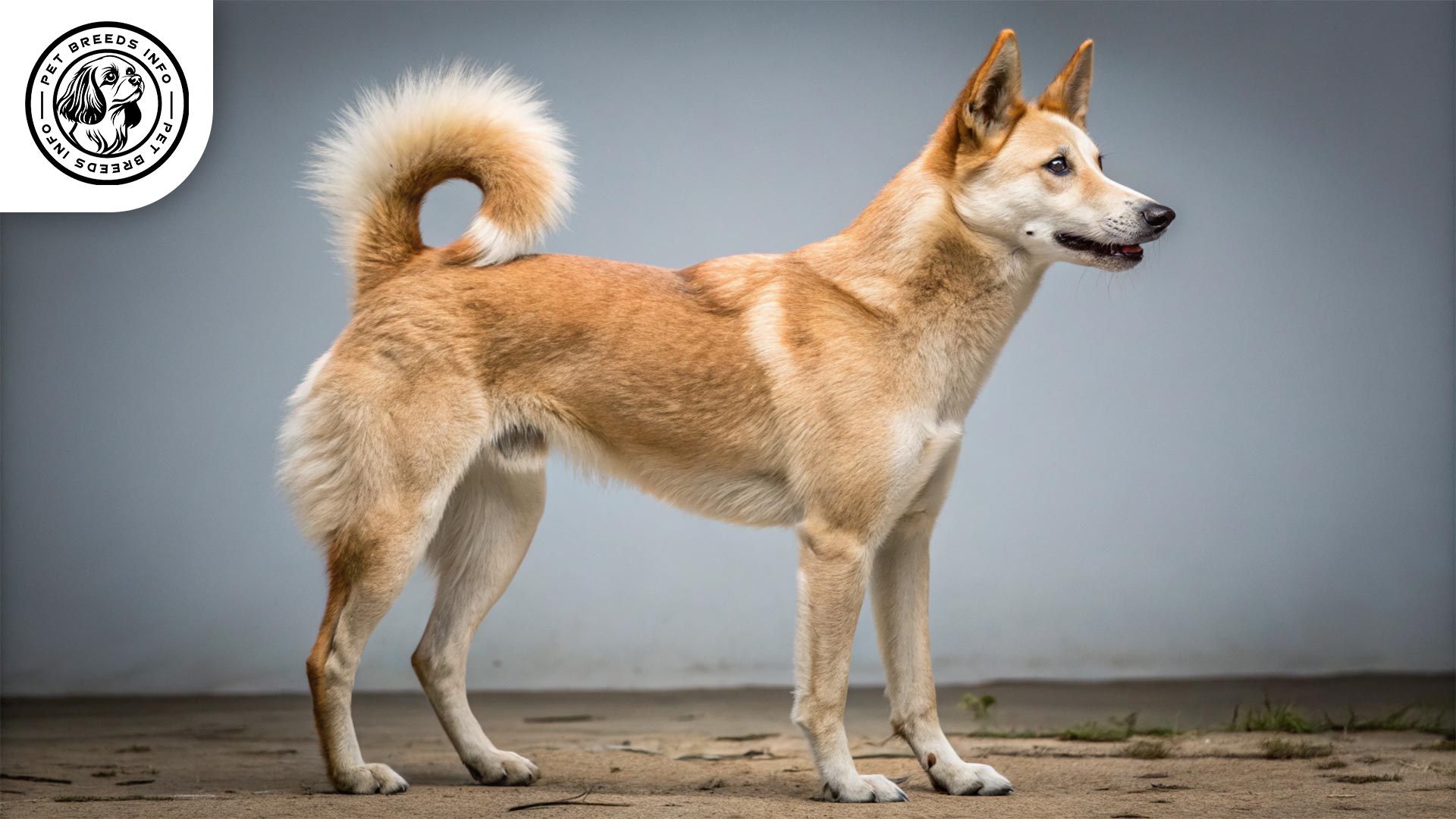Saluki Dog Breed: Size, Health, Price & Personality
General Introduction of the Breed
The Saluki, also known as the Persian Greyhound or Gazelle Hound, is an ancient dog breed originating from the Middle East. Historically revered by nobility and used by nomadic tribes for hunting, the Saluki is one of the oldest known domesticated breeds, dating back thousands of years.
Table of Contents
| Color | White, cream, fawn, red, grizzle, black and tan, tricolor |
| Weight | Males: 40-60 pounds (18-27 kg); Females: Slightly smaller |
| Lifespan | 12-14 years |
| Diet | High-quality dry kibble, wet food, or balanced raw diet; protein-rich; two meals per day |
| Care | Regular exercise (long walks, fenced yard), weekly brushing, regular nail trimming, ear cleaning, dental care; sensitive to cold |
| Health | Prone to hip dysplasia, heart issues, eye disorders; sensitive to anesthesia; routine vet check-ups and vaccinations essential |
| Nature | Intelligent, independent, affectionate (with owners), reserved (with strangers), high prey drive, sensitive to environment |
| Price | $2,000 – $4,000 (from reputable breeders) |
Physical Characteristics
Salukis are medium to large-sized dogs with a slim, athletic build. Males stand between 23 to 28 inches tall and weigh around 40 to 60 pounds, while females are slightly smaller.
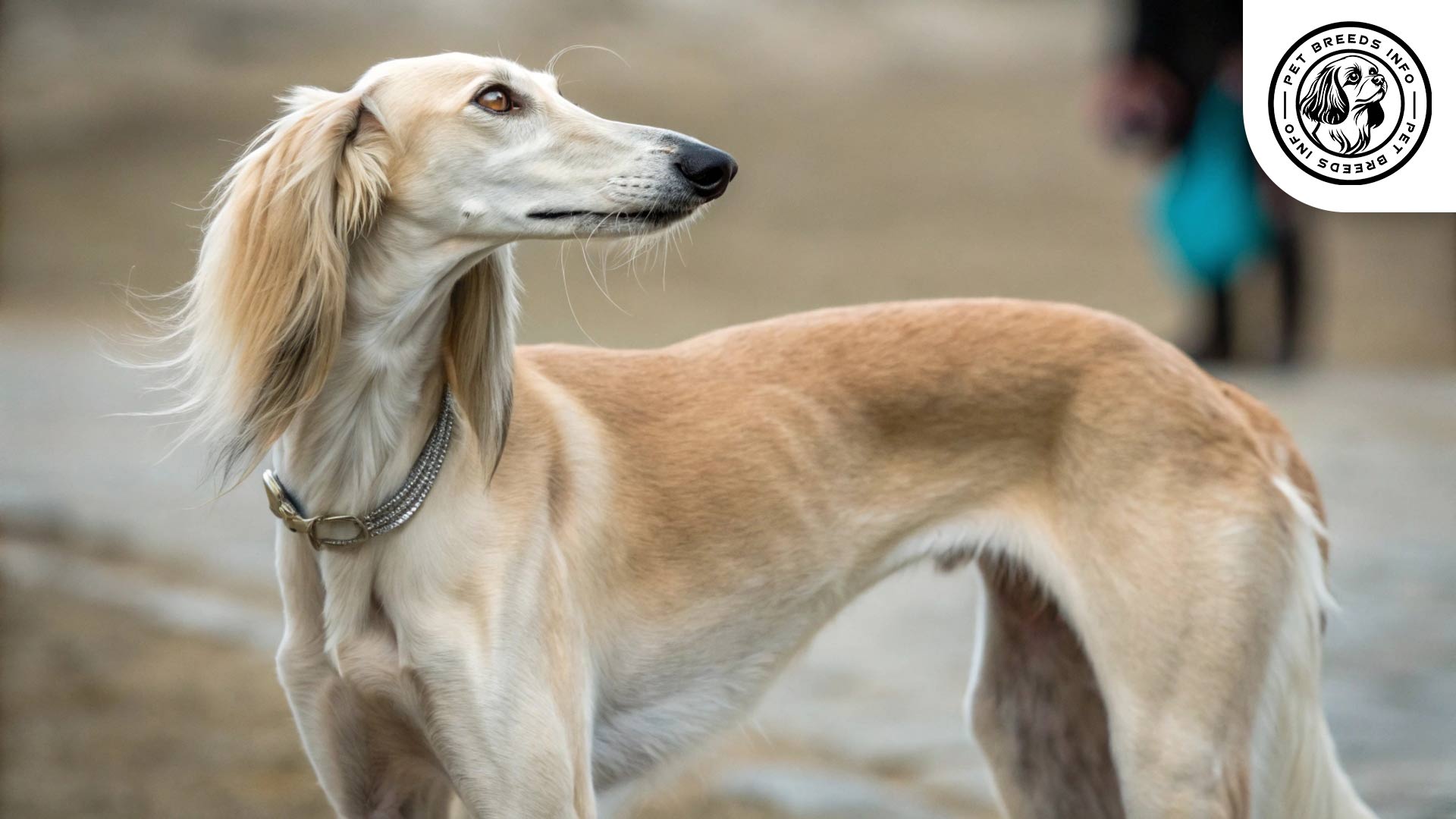
Their coat is short and smooth, with feathering on the ears, legs, and tail. Coat colors vary and include white, cream, fawn, red, grizzle, black and tan, and tricolor.
Salukis have large, oval-shaped eyes that are dark or hazel, contributing to their expressive appearance. Their ears are long, drooping, and feathered. The tail is long, curved, and covered with fine feathering.
Read More: Pointer Dog
Personality and Temperament
Salukis are intelligent but independent, making them somewhat challenging to train. They possess a high energy level and require regular exercise.
They are deeply affectionate with their owners but may be reserved with strangers. Salukis are generally good with children and other pets if socialized early, although their strong prey drive makes them prone to chasing smaller animals.
They are highly sensitive to their environment, reacting strongly to changes and loud noises.
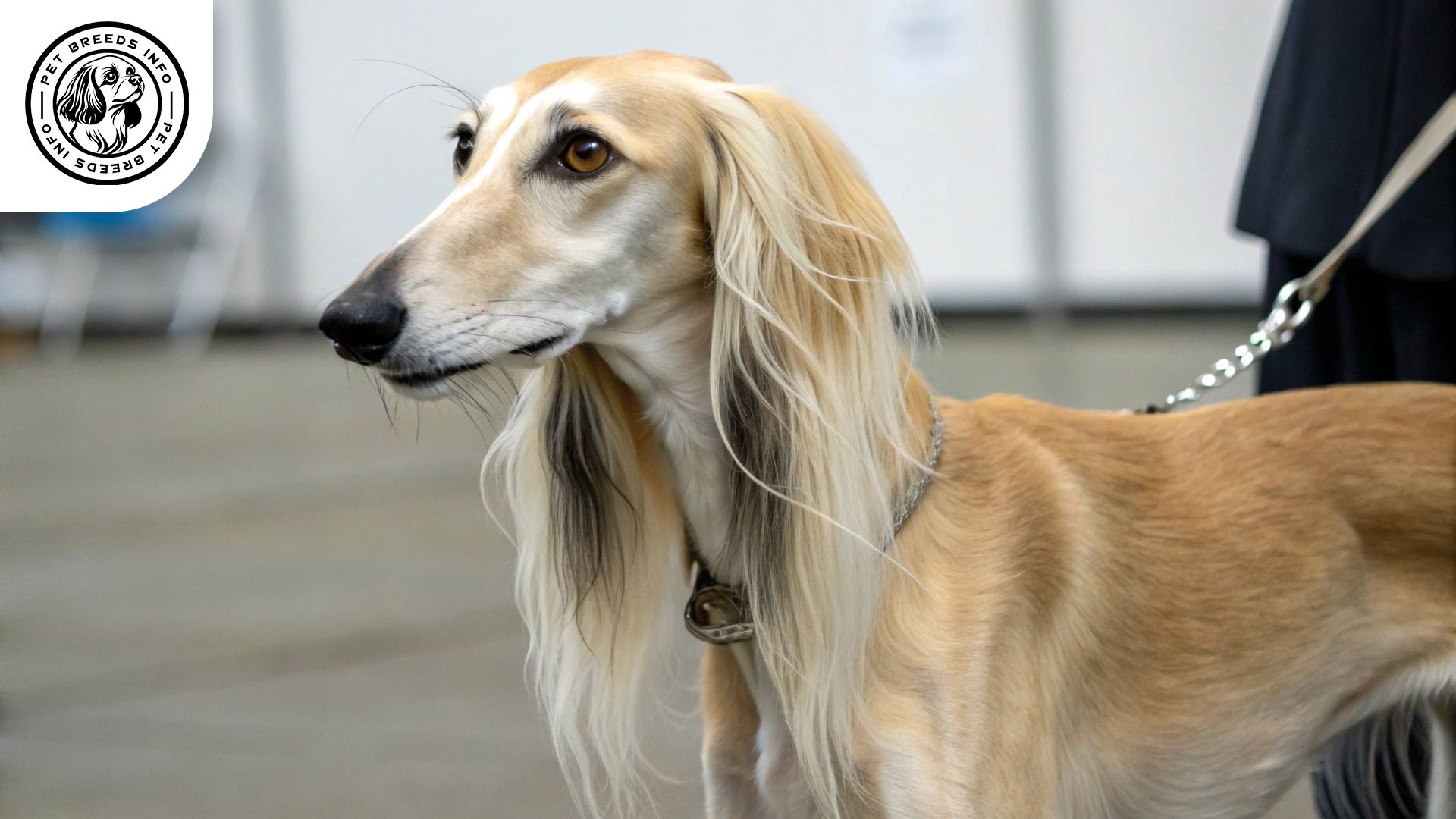
Care and Maintenance Requirements
Salukis require regular exercise, such as long walks or access to a fenced yard where they can run safely. They are not well-suited for apartment living unless provided with ample outdoor activity.
Their grooming needs are minimal, as they have a short coat that sheds lightly. Weekly brushing is sufficient to keep their coat in good condition. Regular nail trimming, ear cleaning, and dental care are essential for their hygiene.
Salukis tolerate heat well but are sensitive to cold due to their thin coat. They may require a sweater in colder climates.
Diet and Nutrition
Salukis thrive on a high-quality diet, either dry kibble, wet food, or a balanced raw diet. They need a protein-rich diet to support their lean muscles.
Avoid feeding them excessive fatty foods, table scraps, or toxic ingredients such as chocolate, onions, and grapes.
They should be fed two meals per day with portion sizes based on their activity level and weight.
Read More: Rottweiler Dog
Health and Common Medical Issues
Salukis are generally a healthy breed but may be prone to certain genetic conditions, including hip dysplasia, heart issues, and eye disorders.
They have a relatively long lifespan of 12 to 14 years.
Routine veterinary check-ups and vaccinations are essential to maintaining their health. They may also be sensitive to anesthesia, so medical procedures should be handled with care.

Training and Behavior Management
Training a Saluki requires patience and consistency, as they can be independent. Positive reinforcement methods work best for this breed.
Early socialization and obedience training are crucial. They respond well to reward-based training but may lose interest if sessions are repetitive.
Due to their high prey drive, recall training should be prioritized, and they should not be allowed off-leash in unfenced areas.
Interaction with Other Animals and Humans
Salukis are affectionate but reserved, making them suitable for both individuals and families. They are typically gentle with children but should be supervised around younger kids.
Their interaction with other pets depends on early socialization. They may chase small animals due to their hunting instincts.
They are independent but form strong bonds with their owners and enjoy companionship.
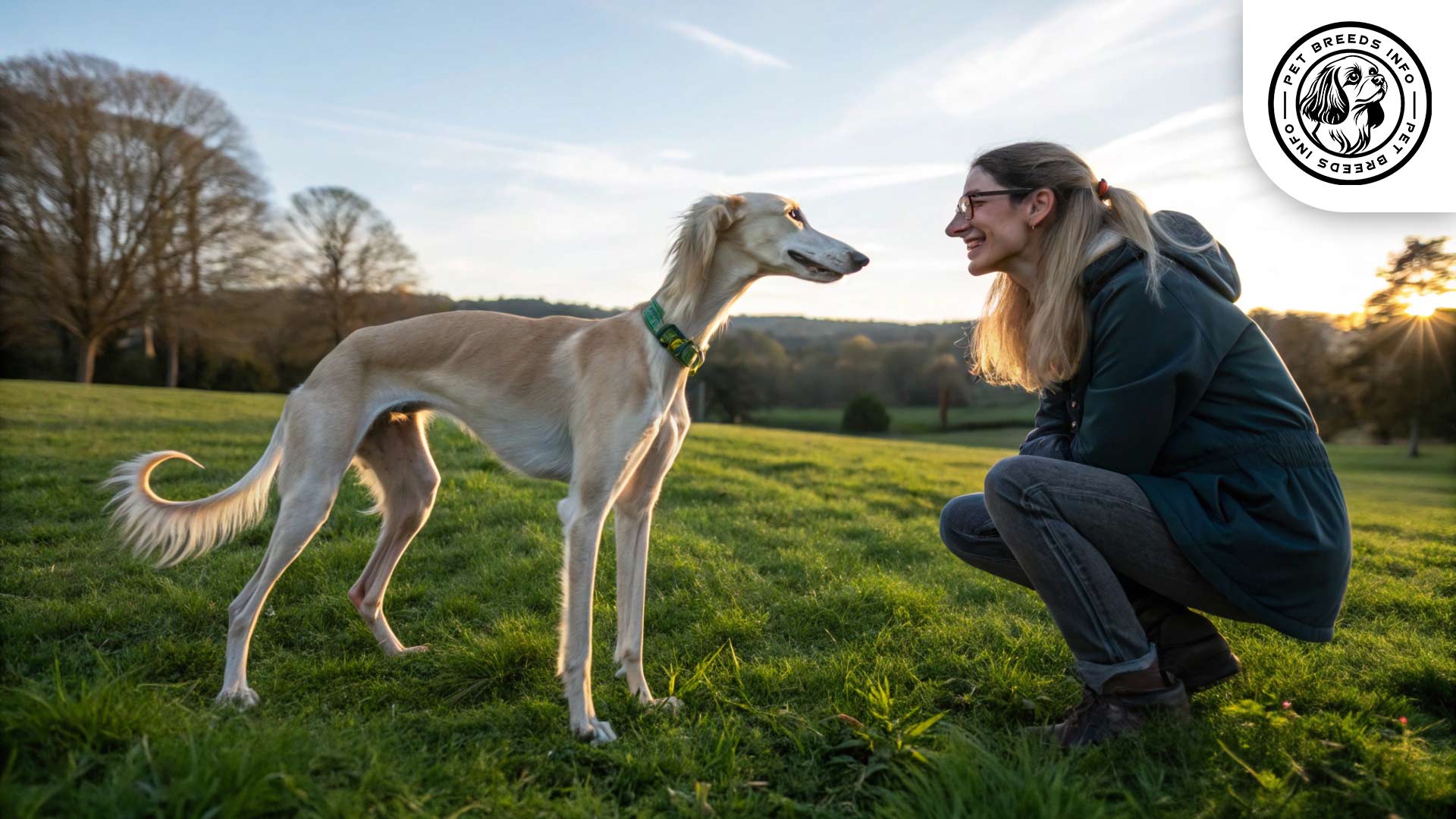
Price and Availability
The cost of a Saluki puppy varies but generally ranges from $2,000 to $4,000 from reputable breeders.
Potential owners should research breeders carefully or consider adopting from rescue organizations. Responsible breeders focus on the health and temperament of their dogs.
Salukis are relatively rare, so availability may be limited in some regions.
Read More: Saint Bernard Dog
Conclusion and Final Thoughts
Salukis are elegant, intelligent, and loyal dogs best suited for active owners who can meet their exercise needs. They require space to run and thrive in a gentle, loving environment.
Owning a Saluki requires commitment to training, socialization, and proper care. They are ideal for experienced dog owners who appreciate an independent yet affectionate companion.
Prospective owners should consider their energy level, sensitivity, and grooming needs before bringing a Saluki into their home.
FAQ
What is the temperament of a Saluki?
Salukis are known for being intelligent and independent. They are deeply affectionate with their owners but can be reserved with strangers. They have a high prey drive and require early socialization.
What are the care requirements for a Saluki?
Salukis need regular exercise, such as long walks or access to a fenced yard. Their grooming needs are minimal, requiring weekly brushing. They are sensitive to cold and may need a sweater in colder climates.
What is the typical lifespan of a Saluki?
Salukis have a relatively long lifespan of 12 to 14 years.
Are Salukis good with children and other pets?
Salukis are generally good with children if socialized early, but they should be supervised around younger kids. Their interaction with other pets depends on early socialization, and their high prey drive may cause them to chase small animals.
What are some common health issues in Salukis?
Salukis may be prone to genetic conditions, including hip dysplasia, heart issues, and eye disorders. They are also sensitive to anesthesia.
